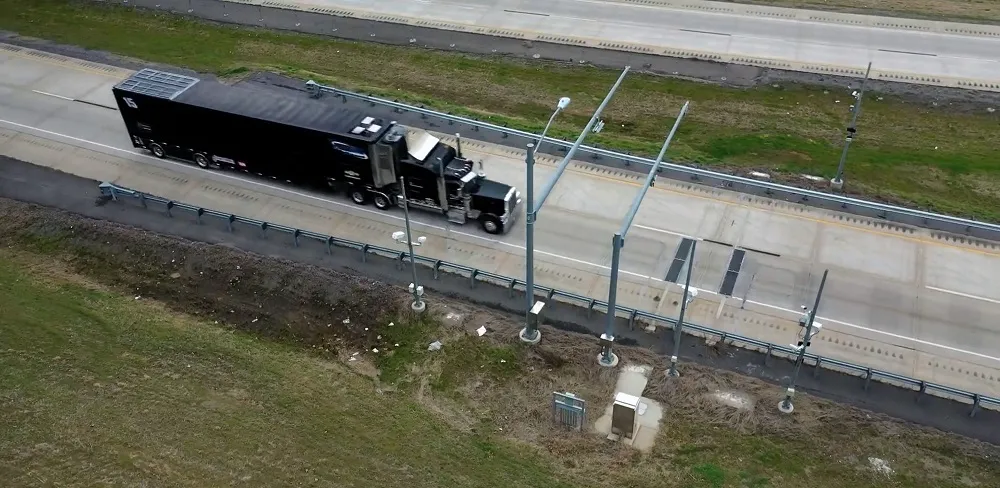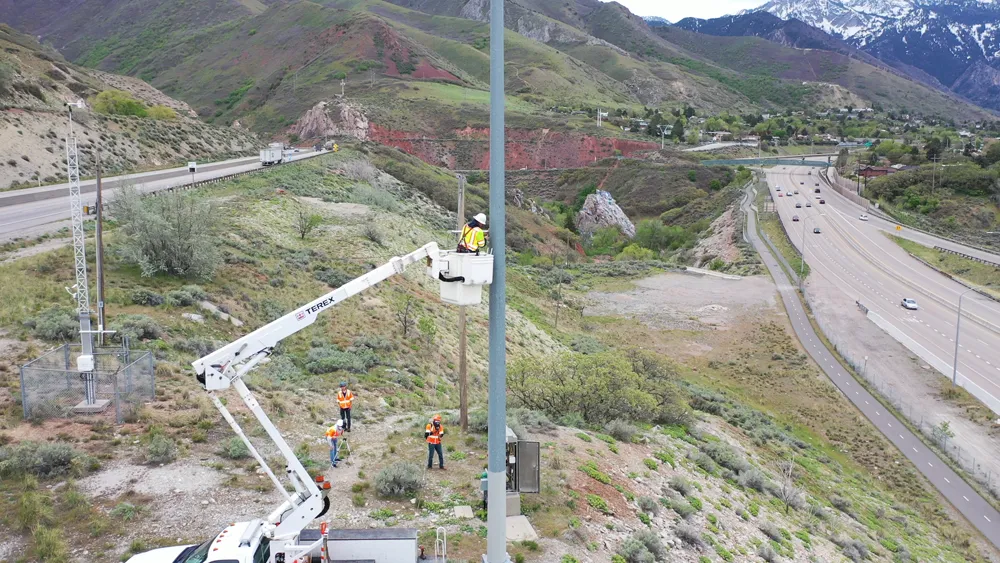Gewi has announced a new component for its TIC software which will collect Waze data and automatically take action based on the specific event type and subtype, enabling the software to automatically create road repair projects based on user-generated pothole reports from Waze. The process uses the project feature of the software, which allows the user to decide what action to take when a pothole is reported, such as sending a notification to the maintenance department based on the pothole location. Further
July 10, 2017
Read time: 1 min
Gewi has announced a new component for its TIC software which will collect 6897 Waze data and automatically take action based on the specific event type and subtype, enabling the software to automatically create road repair projects based on user-generated pothole reports from Waze. The process uses the project feature of the software, which allows the user to decide what action to take when a pothole is reported, such as sending a notification to the maintenance department based on the pothole location. Further steps can be assigned based on the repair process specified by the local authority.
All the traffic information features of TIC are available within the repair project, so traffic information can be distributed to navigation devices, broadcasters, VMS signs, portable devices, web pages and directly to Waze.
All the traffic information features of TIC are available within the repair project, so traffic information can be distributed to navigation devices, broadcasters, VMS signs, portable devices, web pages and directly to Waze.









